When homeowners discover their insurance claim has been denied, it can be one of the most frustrating experiences a homeowner faces. After paying premiums and enduring the stress of property damage, having a claim denied can feel unbearable. Unfortunately, home insurance claims are rejected for many Florida homeowners due to technicalities or incomplete paperwork.

Knowing the reasons behind a denial—and how to prevent one—is key to receiving the benefits you deserve.
Common Reasons Home Insurance Claims Are Denied
Insurance companies regularly deny claims for reasons that may seem unnecessary or even unfair. Here are some of the most common reasons:
- Incomplete Documentation: Insurers may deny a claim if you don’t submit photos, receipts, and professional estimates.
- Deadlines Set Forth in the Policy: In Florida, many policies require claims to be filed within a specific timeframe; missing that deadline can lead to denial.
- Policy Exclusions: Damage resulting from lack of maintenance or wear and tear is typically not covered. It’s vital to read your policy carefully so you understand what is covered, what is excluded, and any limitations.
- Dispute Over Cause: Insurers may argue the damage was pre-existing or caused by an excluded event, not by the covered peril.
- Lowball Offers: Sometimes claims are underpaid rather than denied, leaving homeowners with insufficient funds to complete repairs.
Knowing these reasons helps homeowners review their claim and take steps to support it.
Steps to Avoid Having Your Home Insurance Claim Denied
1. Have a Full Understanding of Your Insurance Policy
It is very important to read and understand your policy. Know the limits of the policy, any exclusions and deductibles, and deadlines for filing claims. Being aware of what your policy covers will help you file accurate claims, and a full understanding may help you foresee disputes.
2. Record Any Damage ASAP
Document everything you can possibly document immediately after any damage occurs. Take pictures of all the damage in as much detail as possible. Keep the receipts for any temporary repairs, start a list of damaged personal property, and document anything else you can. Documenting thoroughly helps protect your claim. Proper documentation removes common reasons an insurer might use to deny a claim.
3. File the Claim in a Timely Manner
Filing your claim sooner rather than later is vital. Very soon after the damage occurs, contact your insurance company and provide them with the claims forms and documented evidence. If you file too late or fail to file properly, the insurer may deny the claim for that reason.
4. Mitigate Further Damage
Insurers traditionally expect homeowners to take reasonable steps to reduce further damage. This might include tarping a damaged roof, moving furniture, or removing the water. Be sure to document everything you do, as these actions demonstrate due diligence and responsibility.
5. Get Help
Even a well-prepared claim can hit obstacles. Having a licensed public adjuster — like those at Property Damage Claims Experts — who can negotiate on your behalf and prepare paperwork according to insurer requirements is often worth a phone call. Claims preparation and negotiation are exactly what they do. They conduct a thorough assessment, present your claim with all necessary details, and, when necessary, handle the negotiation process as well.
Tips for Handling a Home Insurance Claim Denial
Let’s say your claim is denied; take a calming breath because you have options:
- Request a clear reason: You must have a basis for the denial.
- Give proof: You can submit new documents or expert statements to support a rebuttal to the denial.
- Request an appeal: Most insurance companies permit an appeal of their decisions, assuming you have reasonable proof to warrant the appeal.
- Consult professionals: Adjusters or claims professionals almost always secure a reversal or increased claims settlement, or a higher settlement option than the insurance providers offered.
In Florida, homeowners can often reverse a denial or obtain appropriate compensation by following these steps.
Tips to Maximize Your Insurance Settlement
Keep Thorough Documentation: Record everything, including phone calls and repair estimates or quotes.
- Use Professional Judgments: Contractors/inspectors can provide estimates and documentation of damage.
- Meet Policy Requirements: Comply with timelines and documentation requests.
- Stay in Communication: Respond to the insurer’s request in a timely manner so your action does not delay the process.
By following these tips, homeowners can protect their rights and reduce the chance of claim denial.
Conclusion: Choosing Support That Works
A claim being denied doesn’t put an end to your recovery activities. If you better understand what caused your claim to be denied, you can take proactive steps to protect your home and your finances. Many homeowners in Florida turn to Property Damage Claims Experts to help them through these difficult situations as a representative and guide.
The Property Damage Claims Experts team specialises in complex claims; they can help you gather the right documentation and negotiate with insurers to obtain a fair settlement. By working with Property Damage Claims Experts, homeowners are empowered to manage the framework of a claim—even if the first submission is denied.
Receiving news of a claim denial is frustrating, but the experience and expertise of a representative can reverse that outcome and help you recover what you are rightfully owed.


